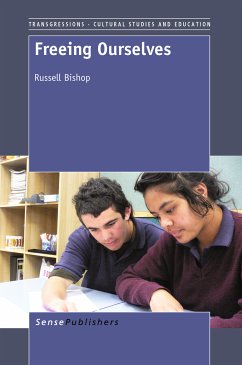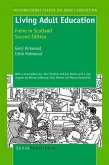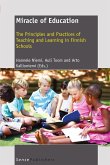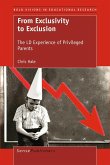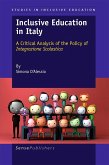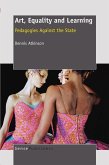This book draws together many previously published articles and book chapters produced by the author over the past 20 years of work in the field of indigenous education. However, rather than just being a compilation of a series of papers, this book is a record of the development of an indigenous approach towards large-scale, theory-based education reform that is now being implemented, in two different forms, in almost half of the secondary schools in New Zealand. Fundamental to this theorising is the understanding, identified by Paulo Freire over forty years ago, that answers to the conditions oppressed peoples find themselves in is not to be found in the language or understandings of the oppressors. Rather, it is to be found in those of the oppressed. This realisation has been confirmed by the examples in this book. The first is seen where it is identified how researching in Maori contexts needs to be conducted dialogically within the world view and understandings of Maori people. Secondly, dialogue in its widest sense is crucial for developing a means whereby Maori students are able to participate successfully in education. The book details how researching the impact of colonization on his mother's Maori family enabled the author to develop a means of researching within indigenous, Maori contexts. It then details how the lessons learnt here appealed as being a means by which the marginalization of Maori students in mainstream, public school classrooms could be re-theorised, and how schools and education systems could be reorganised so as to support indigenous students to be successful learners.
Dieser Download kann aus rechtlichen Gründen nur mit Rechnungsadresse in A, B, BG, CY, CZ, D, DK, EW, E, FIN, F, GR, HR, H, IRL, I, LT, L, LR, M, NL, PL, P, R, S, SLO, SK ausgeliefert werden.

